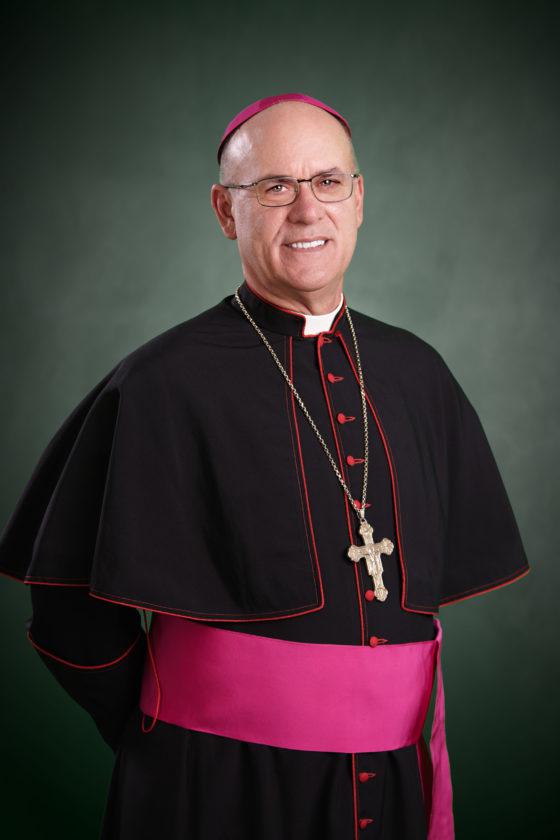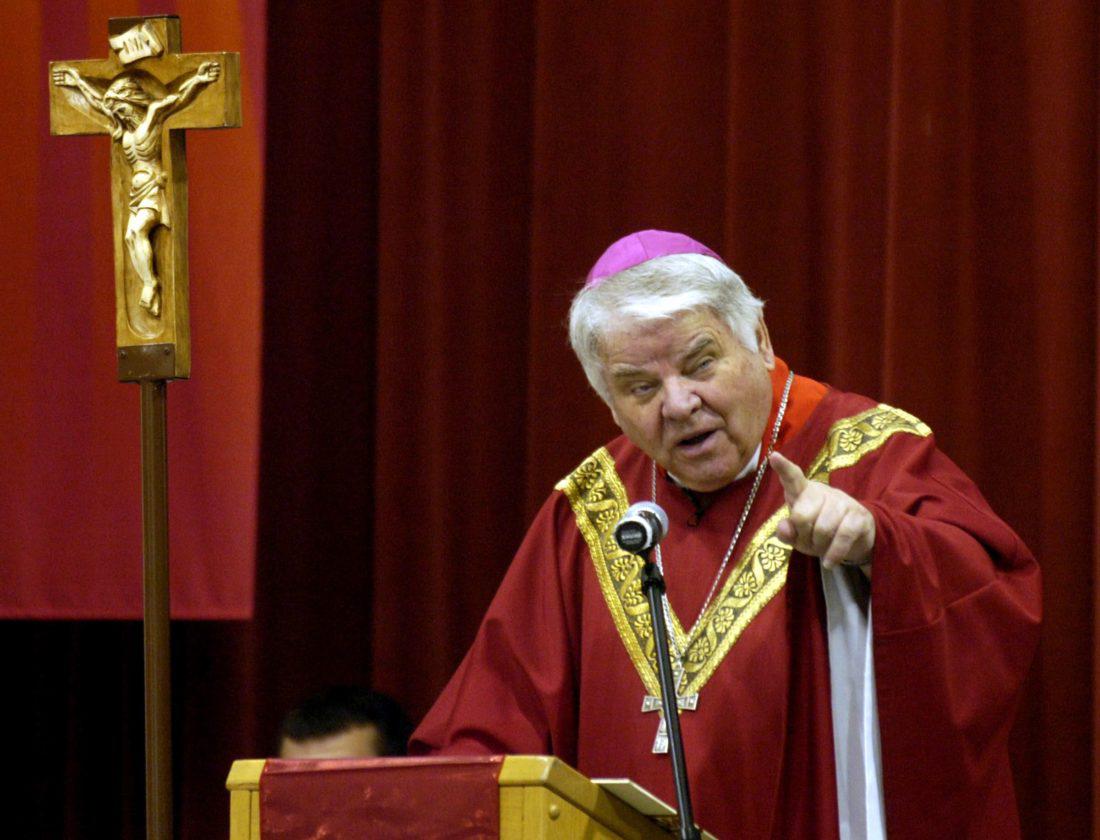|
There are two ‘scandals’ in Catholic sex abuse report, but church should get its priorities straight
By Kevin Leininger
On Oct. 14, 2002, I reported Michelle Bennett’s claim that the Rev. William Ehrman had sexually molested her repeatedly in the rectory of New Haven’s St. John the Baptist Church more than 50 years earlier when she was in the fourth grade. Less than one month later, then-Bishop John D’arcy attended mass and informed the congregation an investigation affirmed the credibility of Bennett’s story. “Christ said, ‘I am the way, the truth and the life,’ ” D’Arcy said. “The church is a place of truth, and you have a right to hear the truth.” “Catholic” (with a small “c”) means “universal,” but there is a world of difference between the response by D’Arcy — who supposedly had been exiled to the Diocese of Fort Wayne-South Bend for blowing the whistle on pedophile priests in Boston — and the Roman Catholic Church’s corrupt response to abuse by six dioceses in Pennsylvania as outlined in a scathing new grand jury report. The Pittsburgh-based investigation identified more than 1,000 victims of alleged sexual abuse, rape, impregnation, coerced abortion and other crimes against church and state, committed by 301 priests and lay teachers, and abuse of the trustingly innocent by the supposedly godly only begins to reflect the unimaginable human cost. As Bennett told me in 2002, “Catholic girls did as they were told. I accepted blame for what happened because priests were ‘God’s people’ and could do no wrong. Therefore, I was bad.” But there will and should be an institutional cost for the actions and inactions by church leaders detailed in the 900-page document. According to the grand jury, the church leaders used euphemisms to conceal the truth (“Never say ‘rape,’ say ‘inappropriate contact’ “), assigned untrained clergy members to conduct investigations, concealed the real reasons for the transfer of abusive priests, often failed to notify authorities of abuse claims, and much more. “The main thing was not to help children but to avoid ‘scandal,’ ” the grand jury concluded. “That is not our word, but theirs; it appears over and over again in the documents we recovered.” Which brings us at last to Kevin Rhoades, former bishop in Harrisburg, Pa., who succeeded D’Arcy as head of the Fort Wayne-South Bend Diocese in 2009. In a four-page statement to the grand jury, Rhoades did indeed talk about “scandal” and his wish to avoid it — but cautioned how easily the term could be misconstrued. Rhoades was mentioned in the report in connection with two cases, both of which occurred before he was appointed Harrisburg bishop in 2004. The case of William Presley, the report notes that Rhoades wrote that “were this information to become known . . . great public scandal would arise within the diocese.” Rhoades made a similar statement in the case of Francis Bach, stating disclosure would “cause a scandal to many, as he is still a priest who is beloved in our diocese.” Does that mean Rhoades was trying to protect the church at the expense of the public? No, he insists. “As with Presley, the context for Bishop Rhoades’ (“scandal”) observation is important,” Rhoades’ statement to the grand jury contends. “First, there can be no suggestion that Bishop Rhoades intended to keep the allegations secret. In fact, he did the opposite. He disclosed the allegations to the (Vatican), the district attorney and the bishop of Wilmington . . . Similarly, it cannot be suggested that Bishop Rhoades intended to ‘go light’ on Bach. To the contrary, (he) . . . precluded Bach from dressing like a priest, referring to himself as a priest or celebrating any public sacrament.” So why use a word — scandal — that can make it seem the church is more interested in itself than in victims of abusive priests? Under Catholic canon law, Rhoades’ statement explained, “one of the key purposes of imposing ecclesiastical penalties is ‘repair of scandal.’ Bishop Rhoades supported his recommendation that the most severe penalty be imposed against Presley by noting that his wrongdoing would cause ‘great public scandal’ if and when it became public. While this language on its face could be misinterpreted to indicate that Bishop Rhoades wished to protect Presley or to bury the allegations, (his) conduct proves otherwise.” It’s not by job as a journalist (or Lutheran!) to defend a Catholic bishop, but the record makes a compelling case that Rhoades’ actions were proper but clouded by unfortunate church jargon. There is indeed a scandal here, but it’s one of the church’s own making. The desire to protect the church is natural and can be entirely justified, but not when the facts are hidden, the innocent are victimized and abusers are shielded. There is a time to render to God, and a time to surrender to the God-given authority of the state. That’s the gospel truth, and as Christ himself said and D’Arcy acknowledged, the truth really will set you free. Contact: kleininger@news-sentinel.com
|
.
Any original material on these pages is copyright © BishopAccountability.org 2004. Reproduce freely with attribution.


